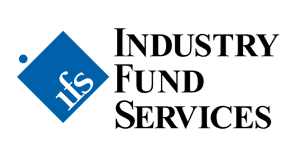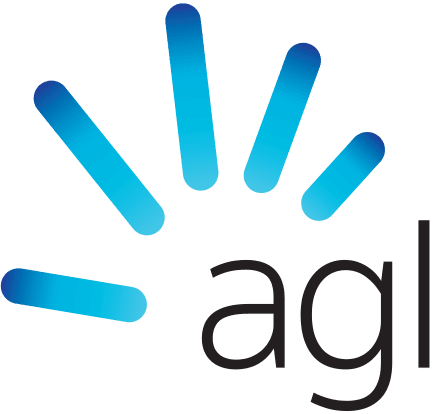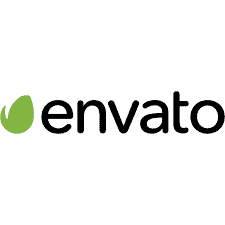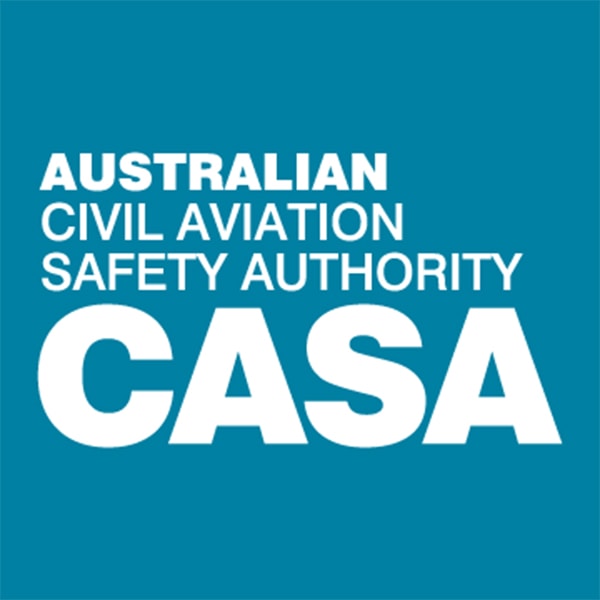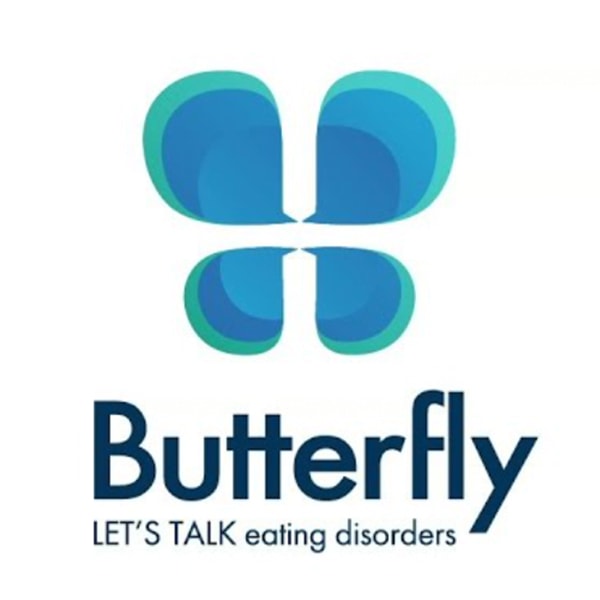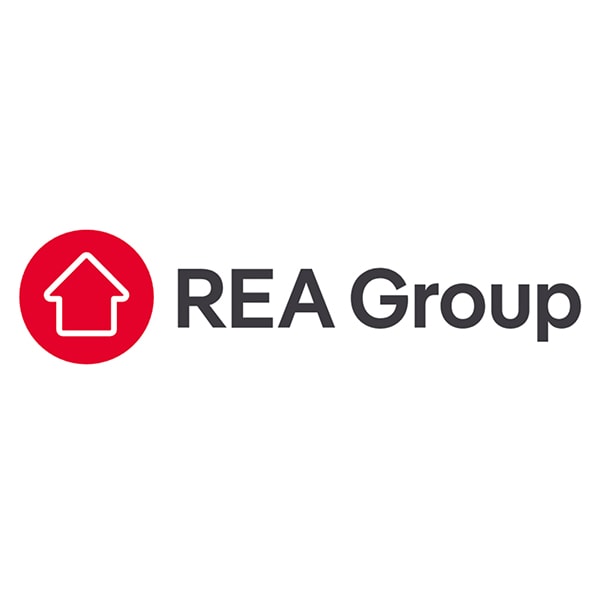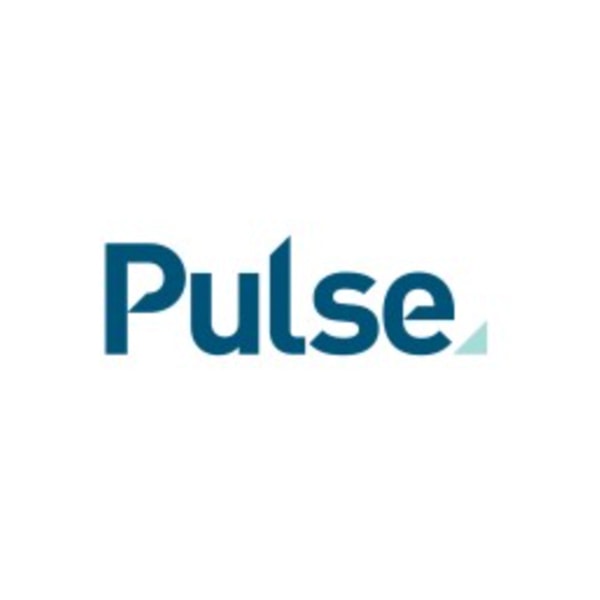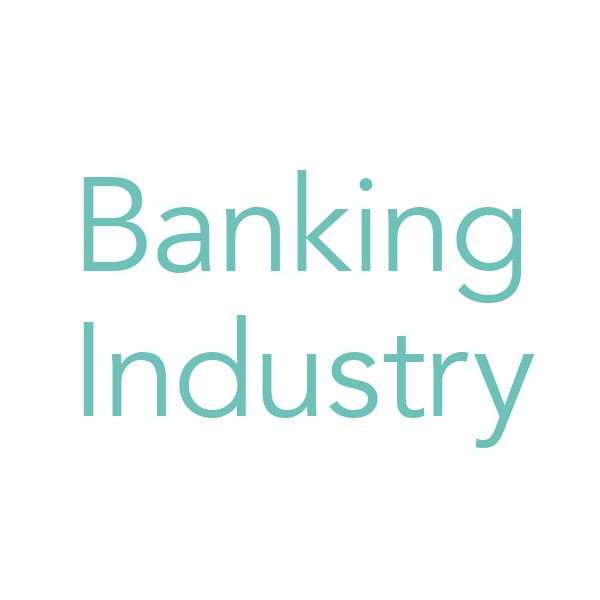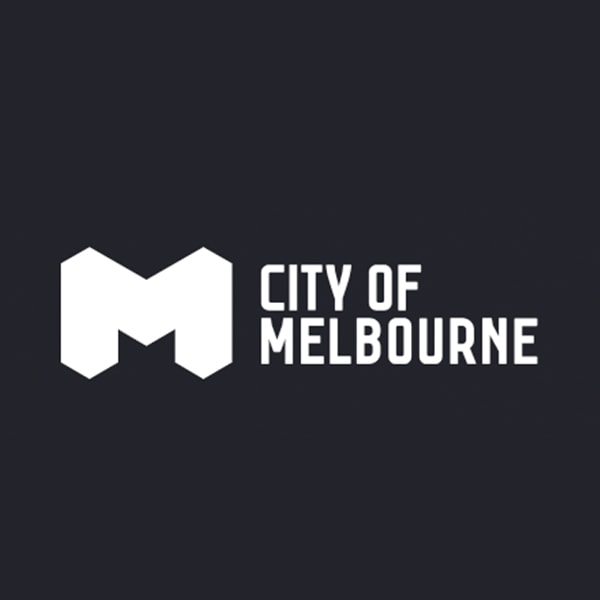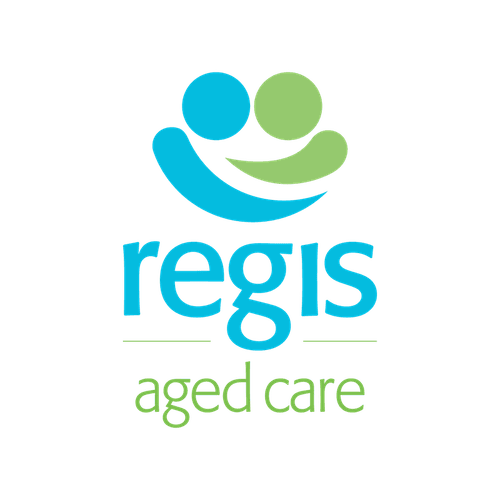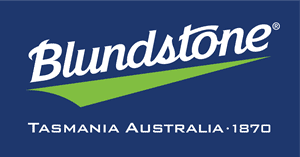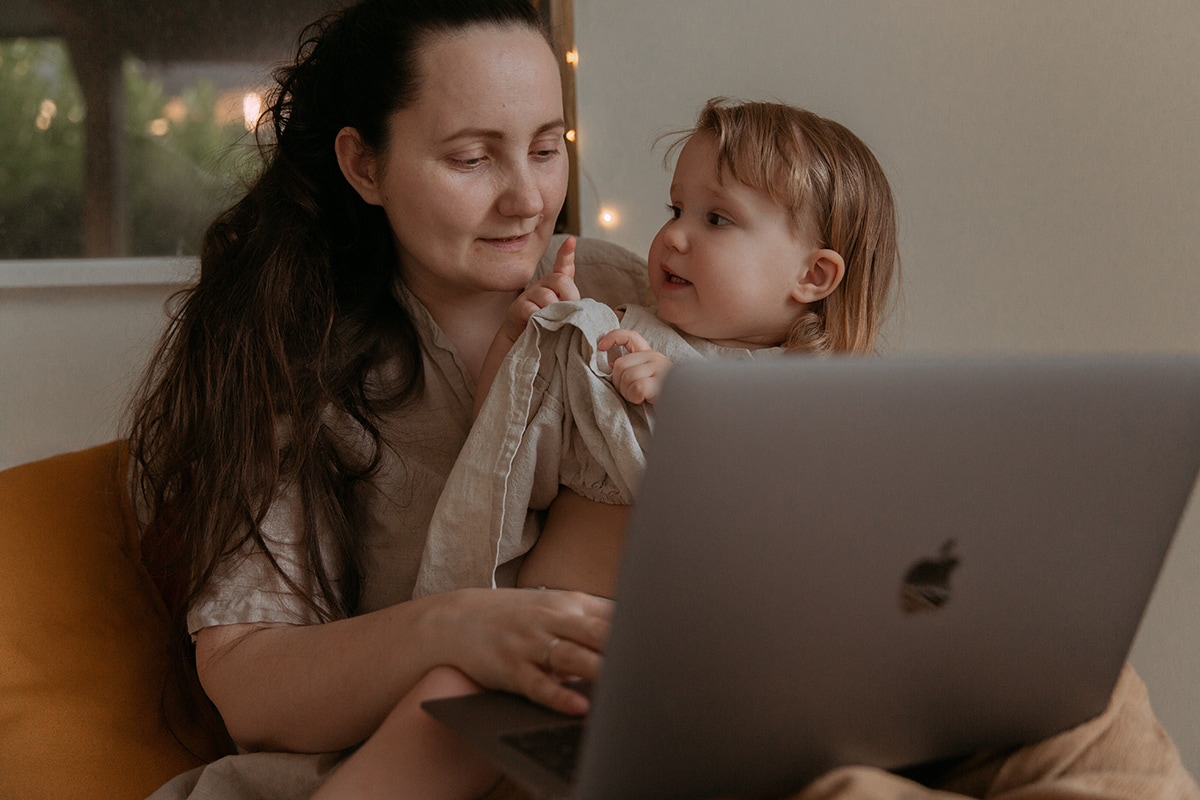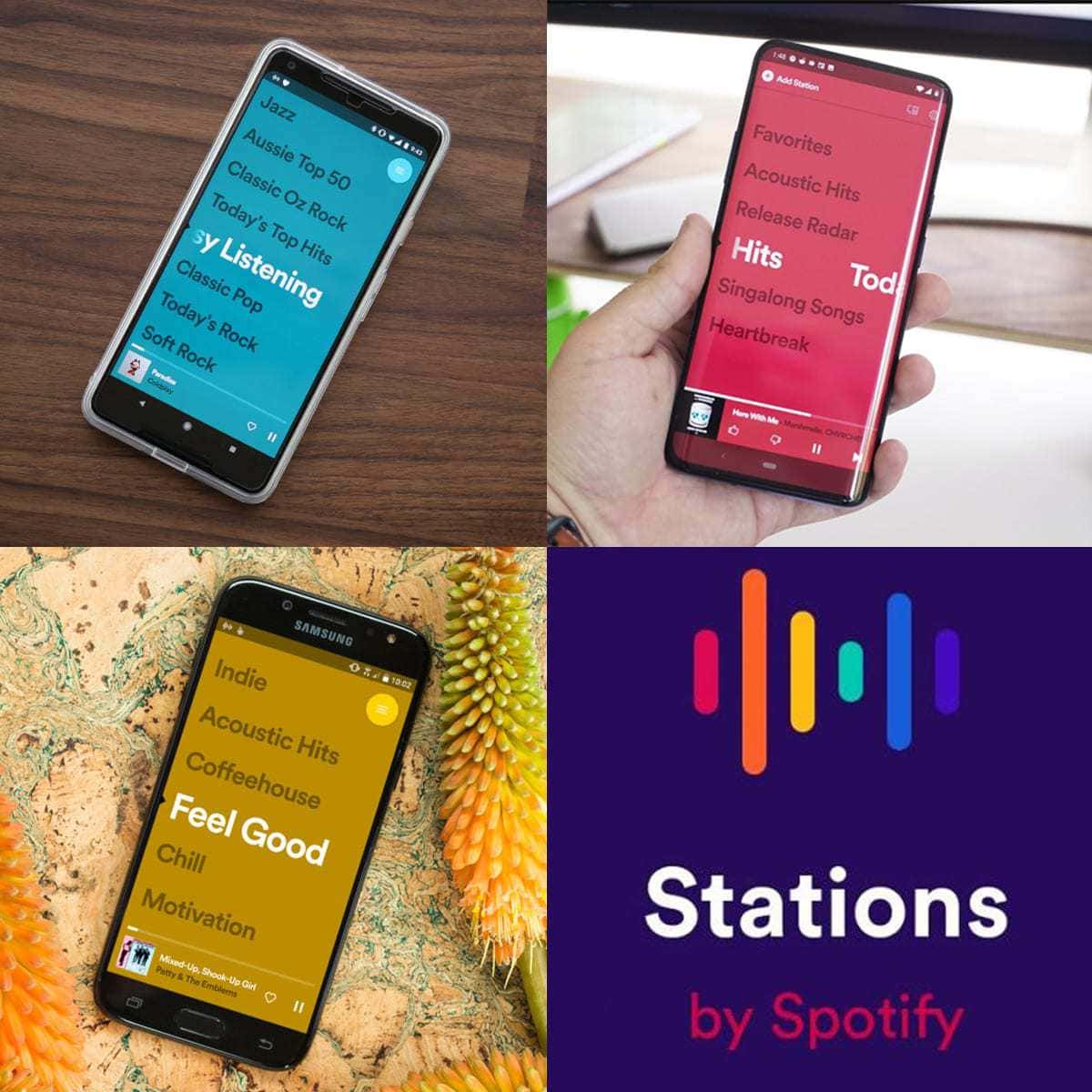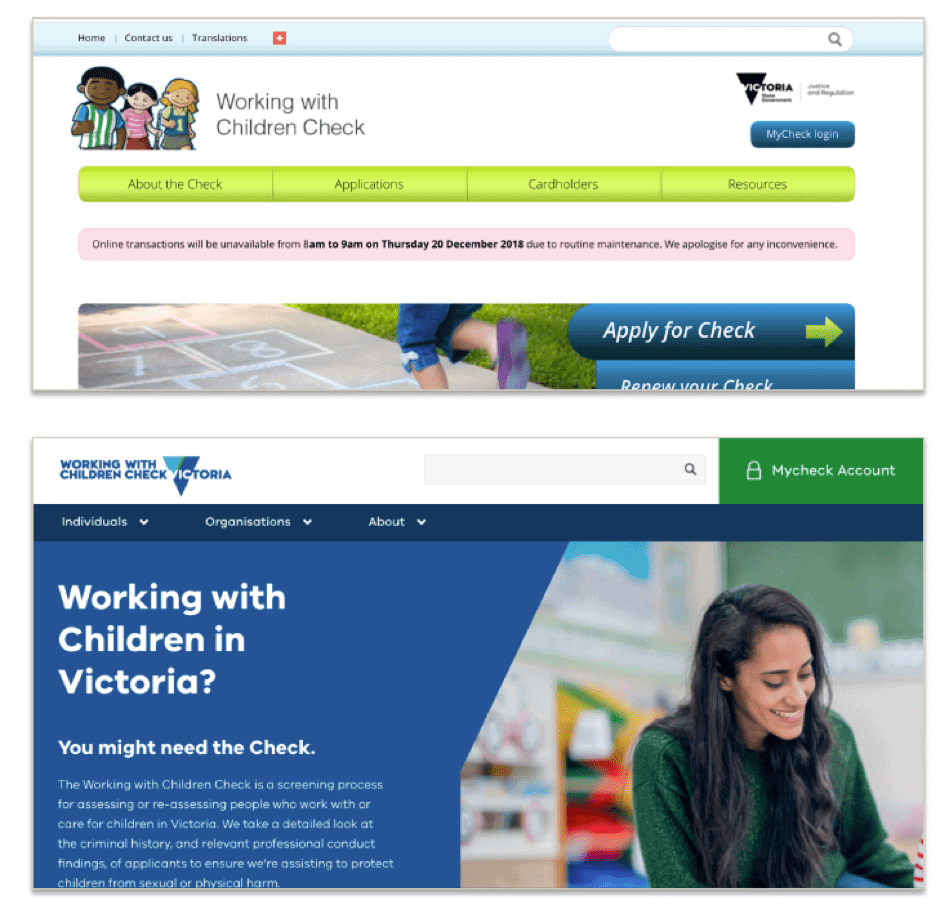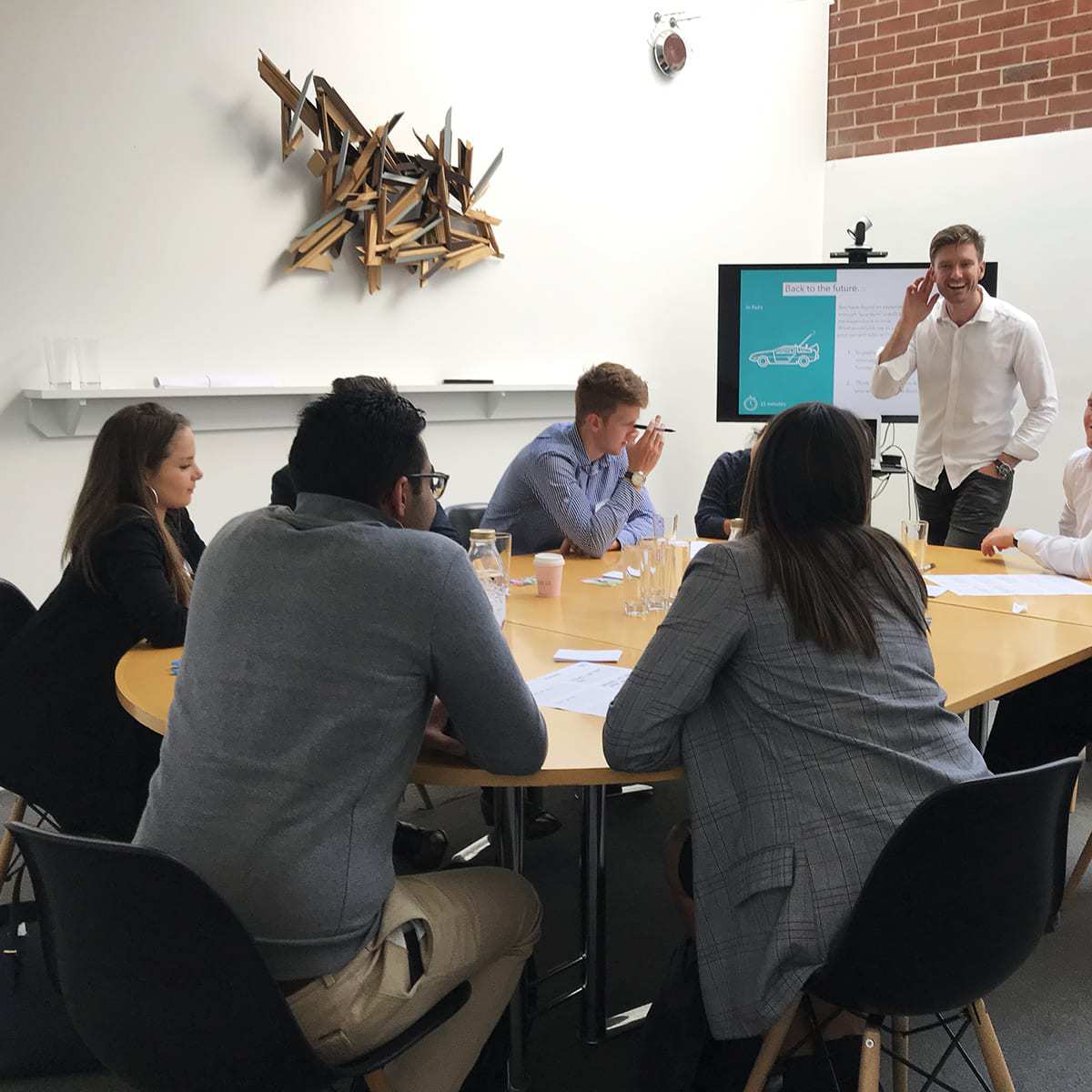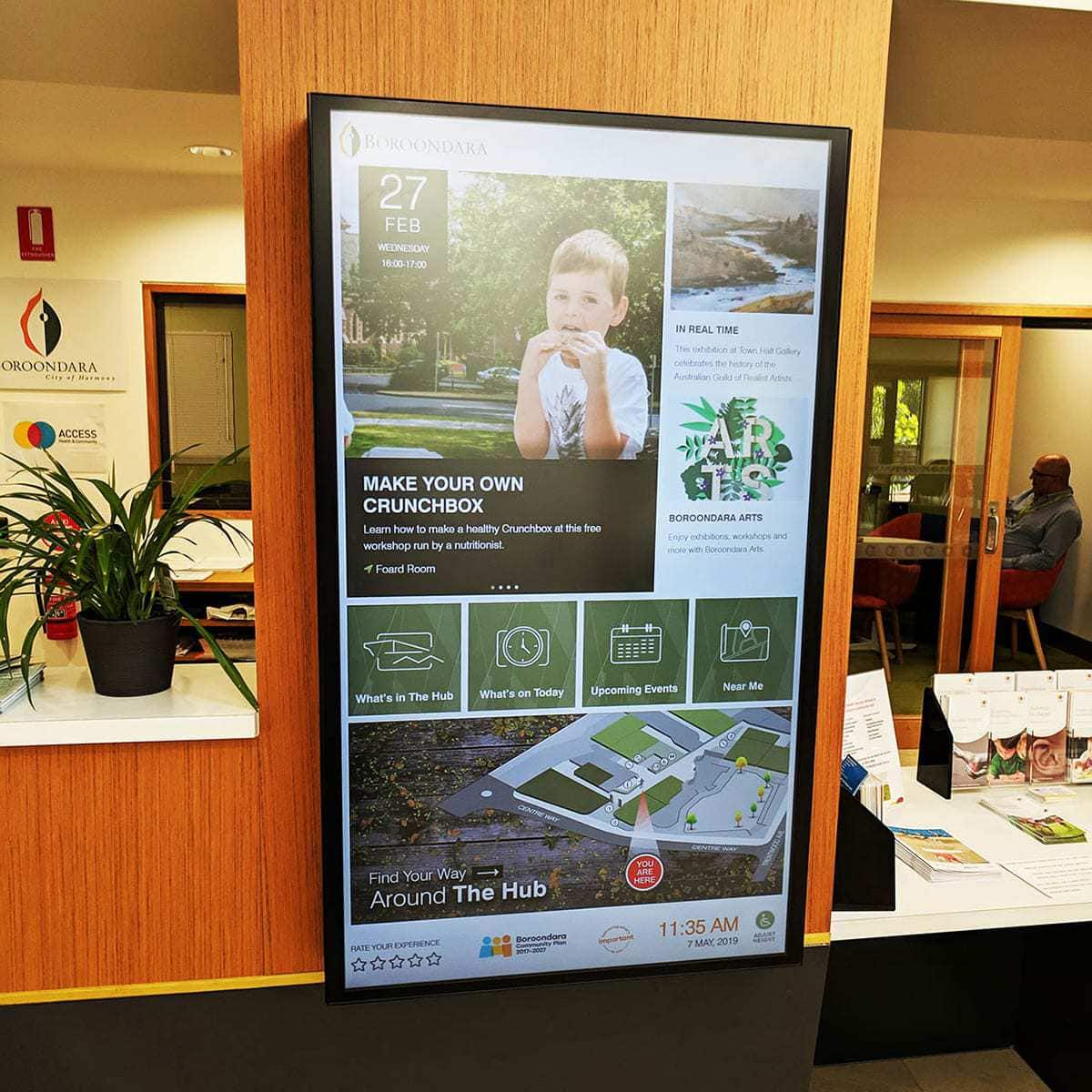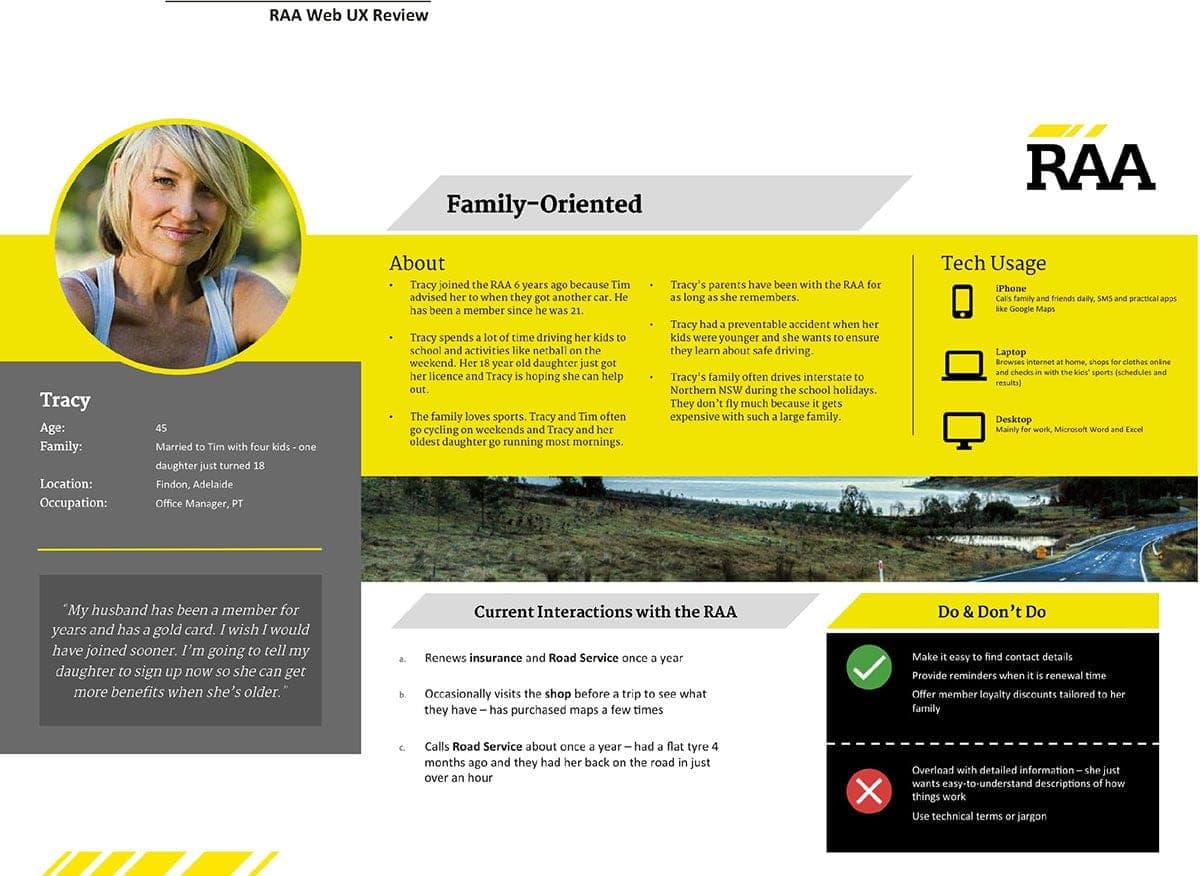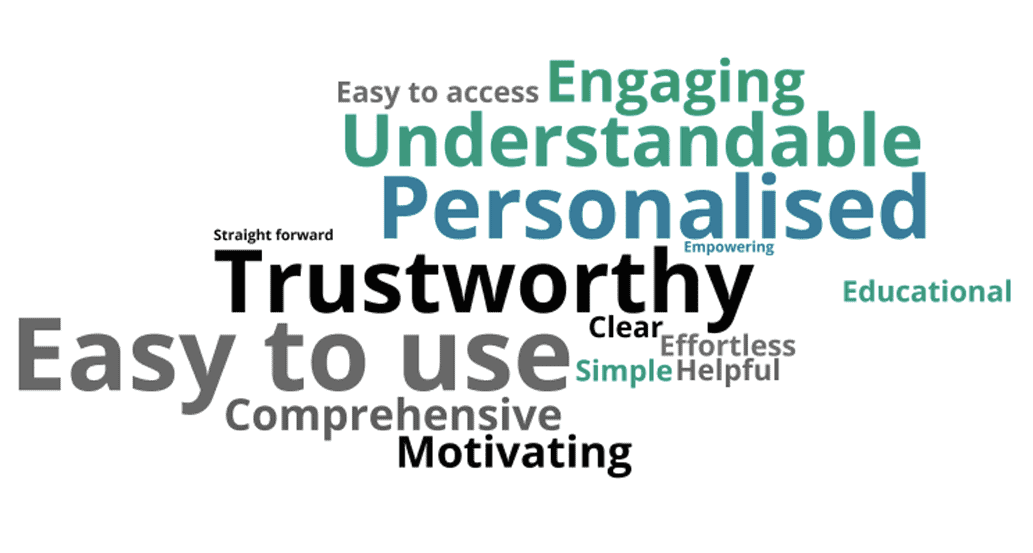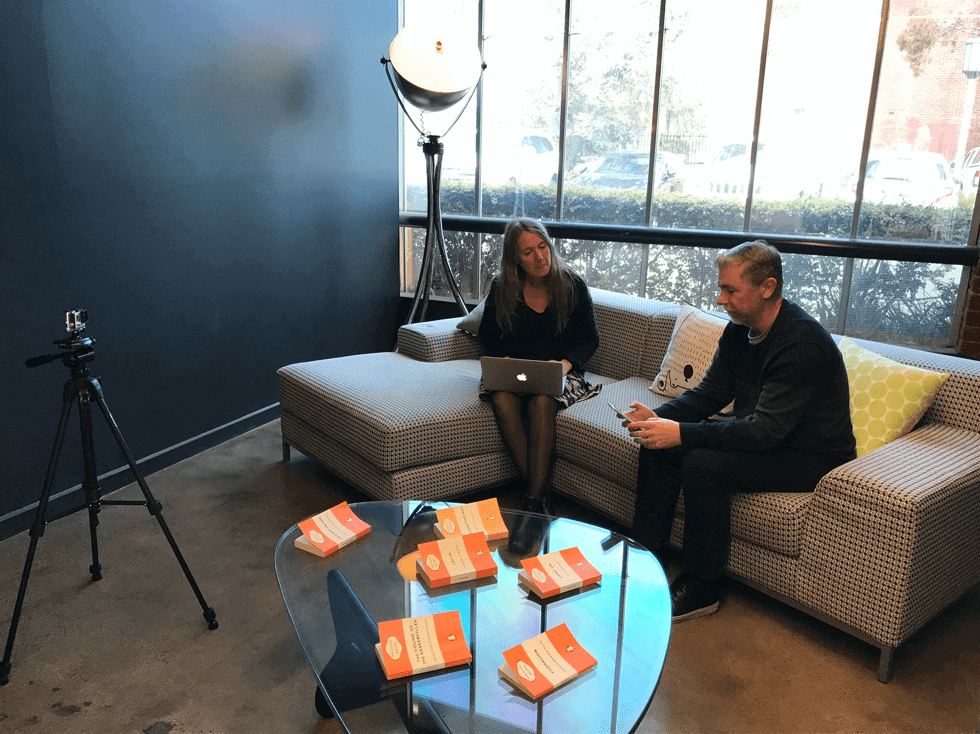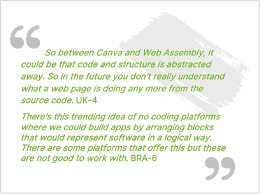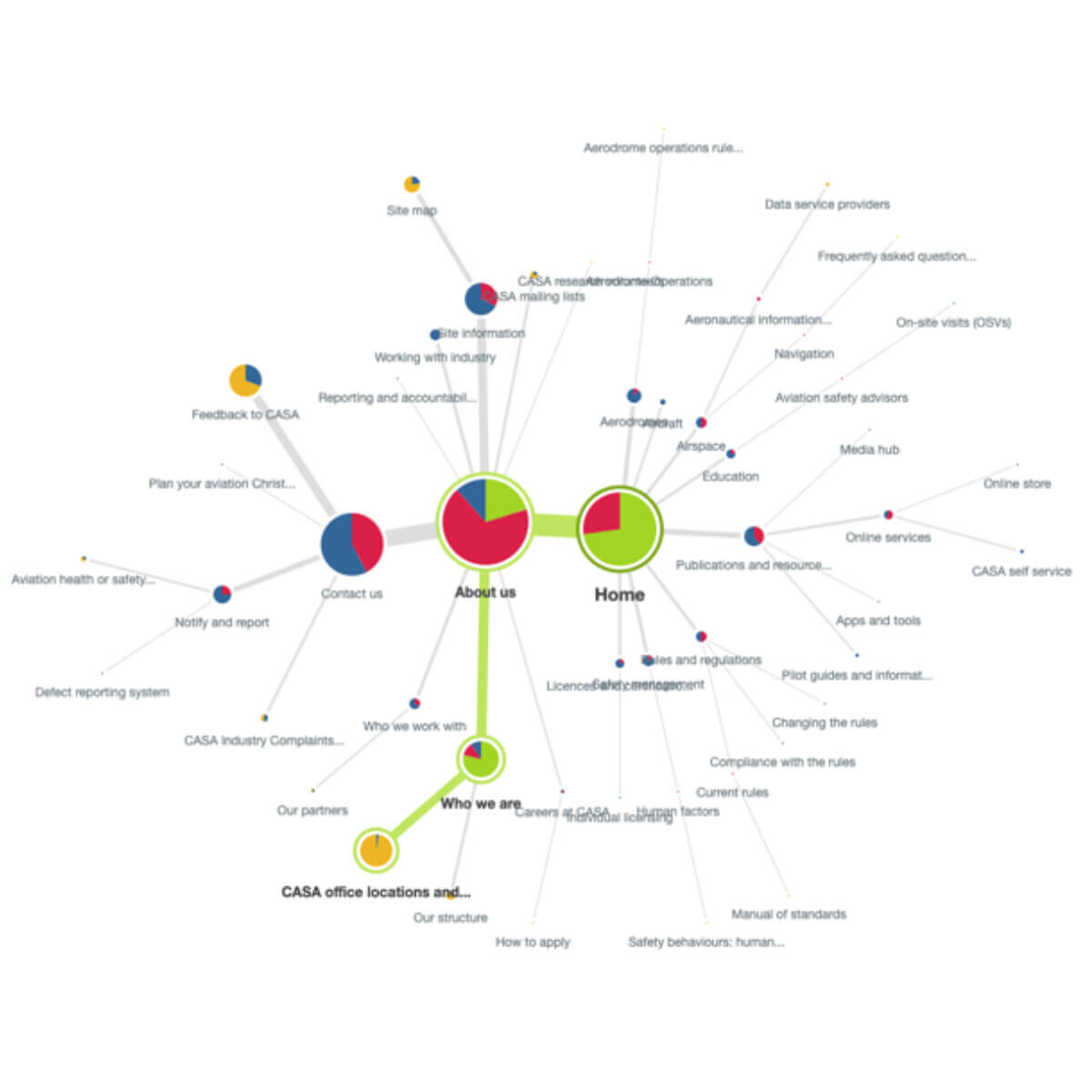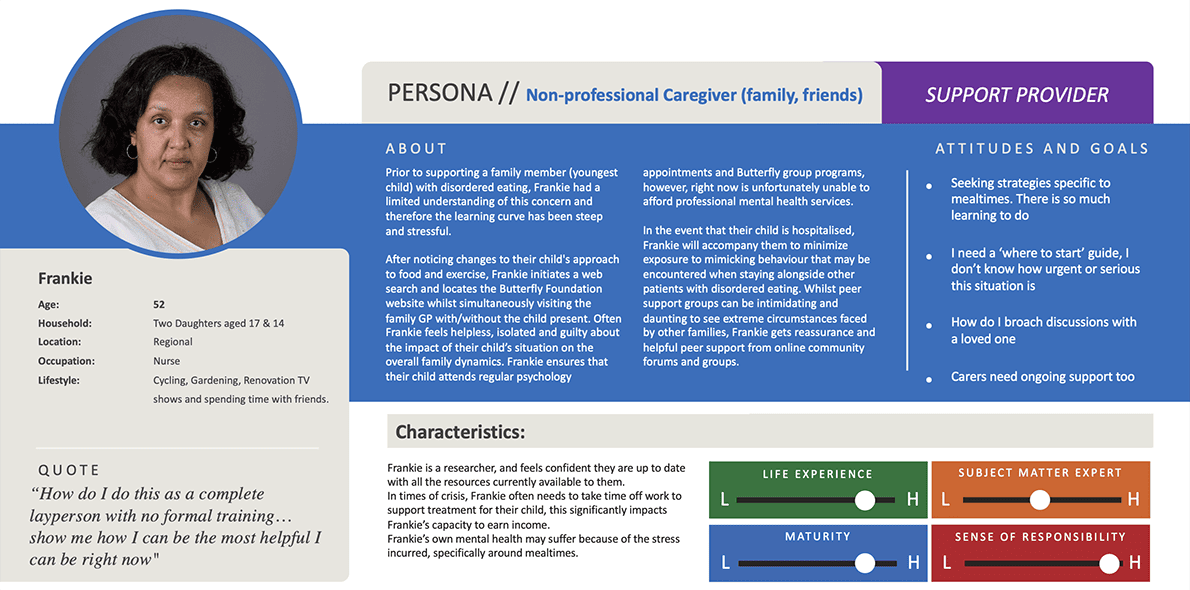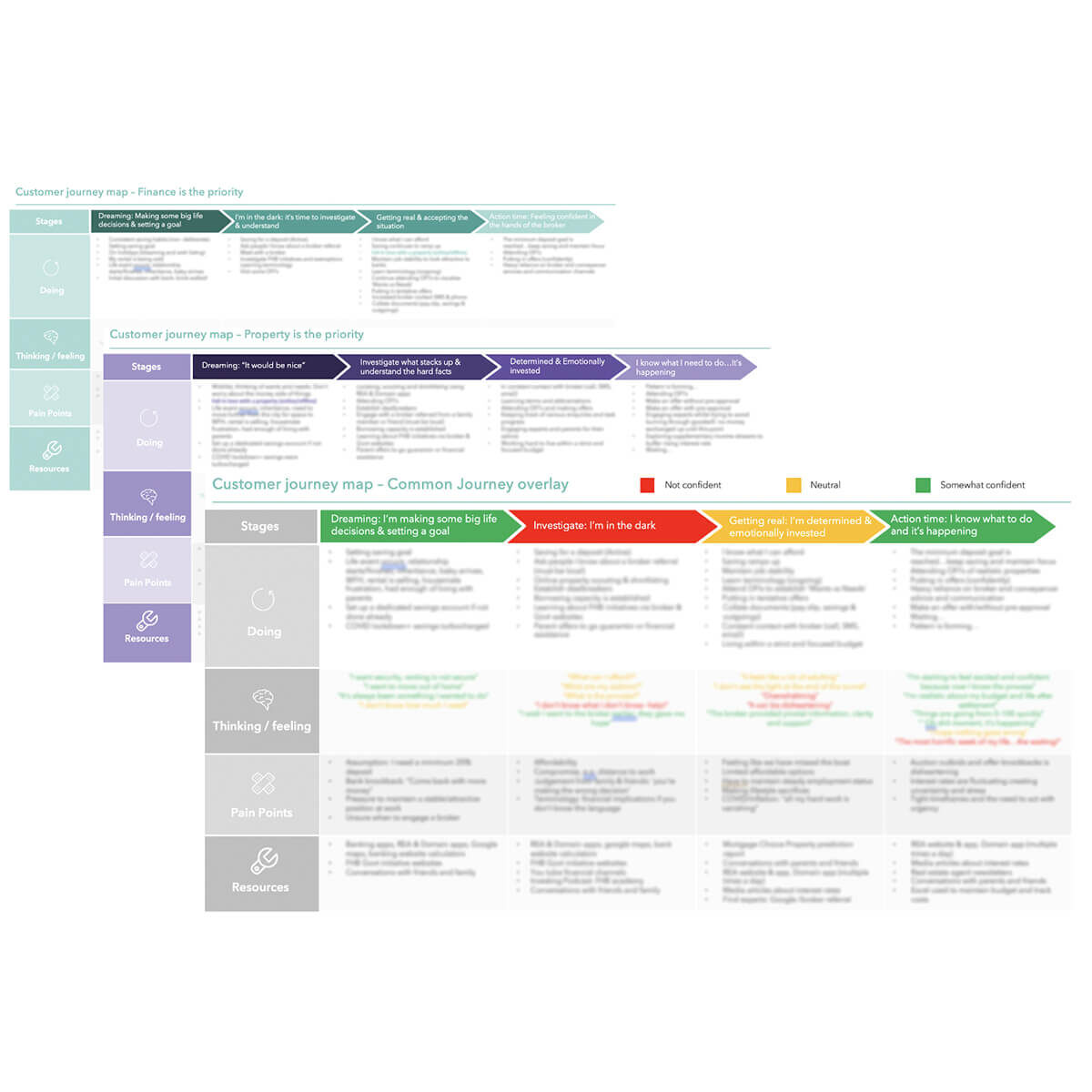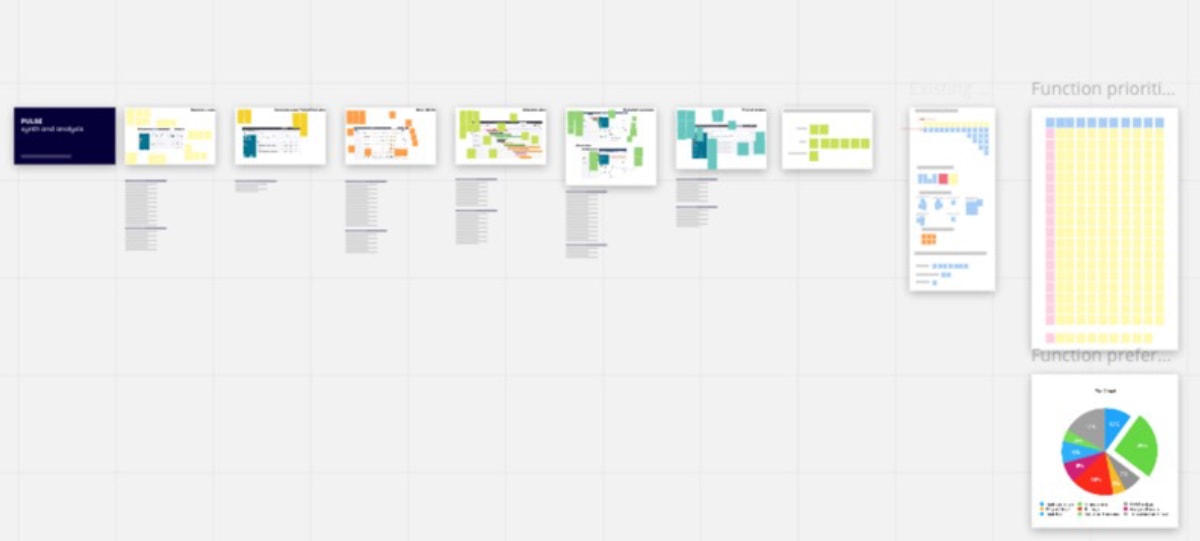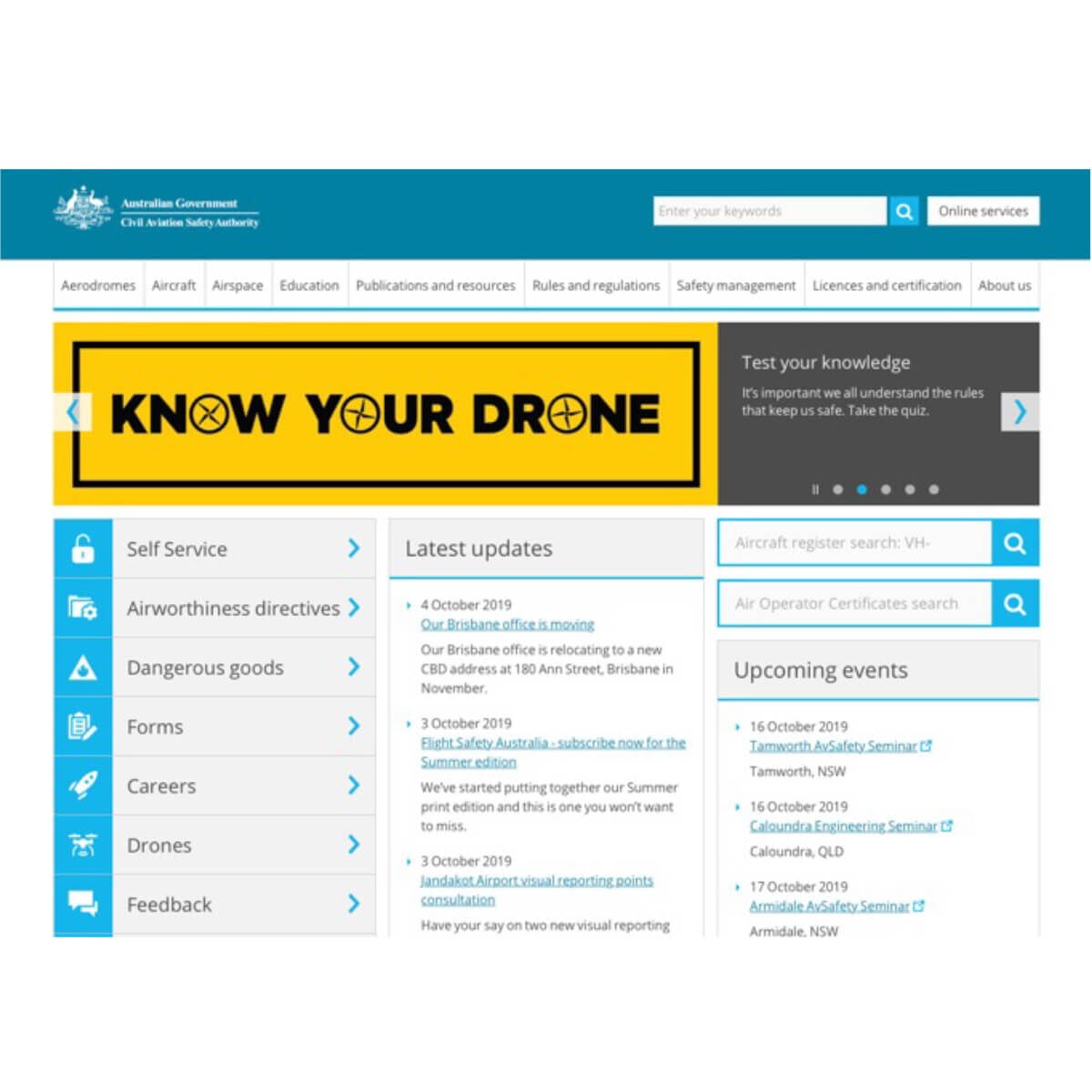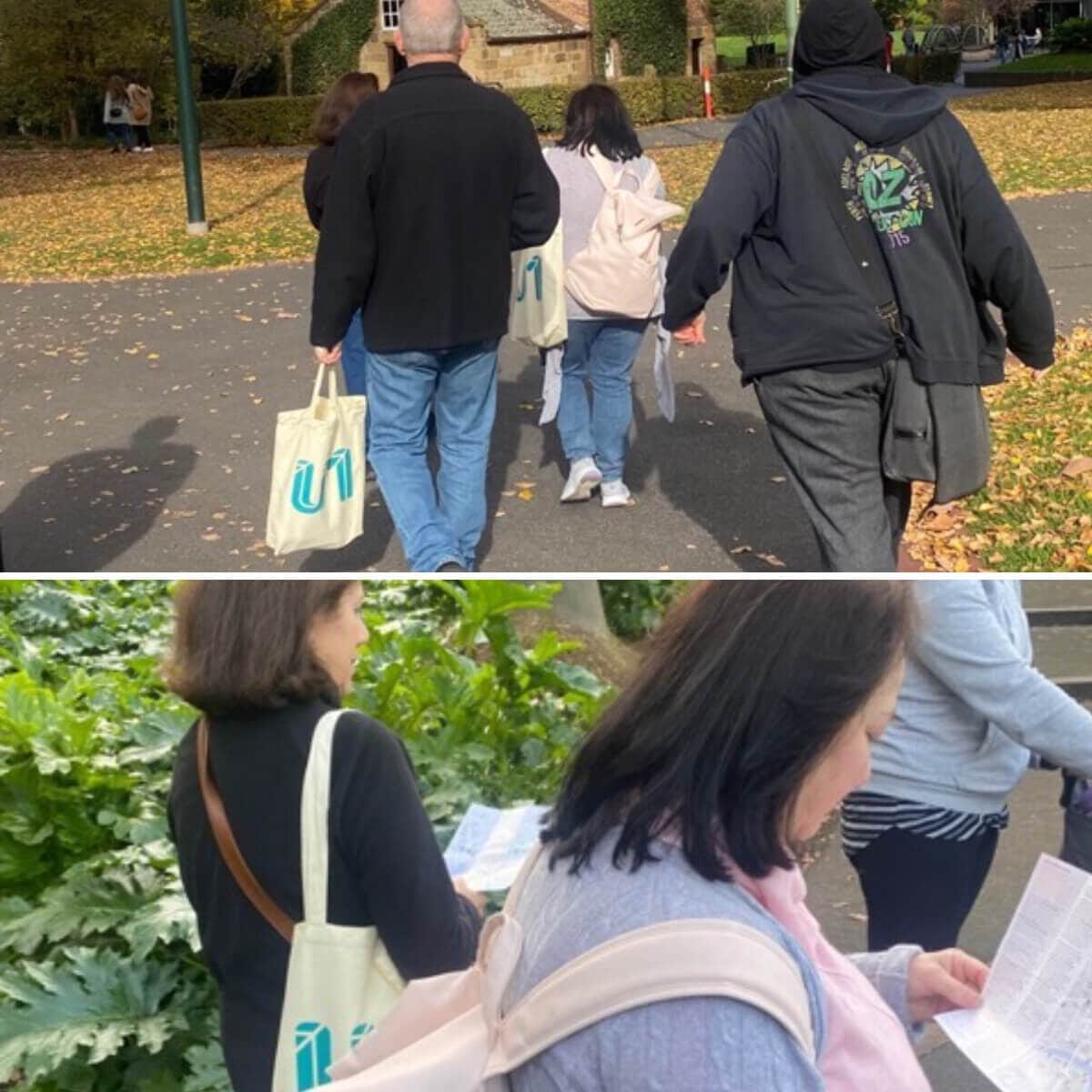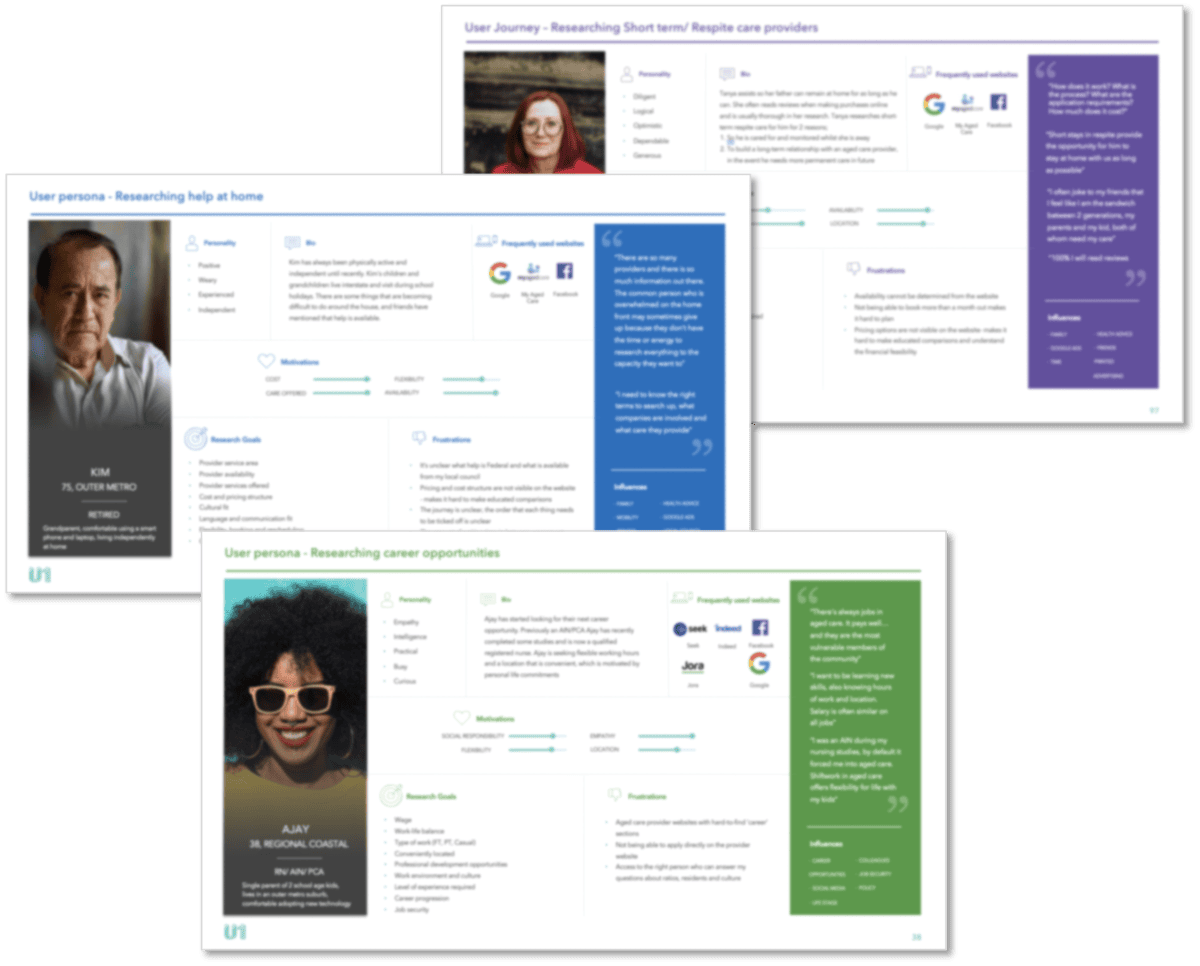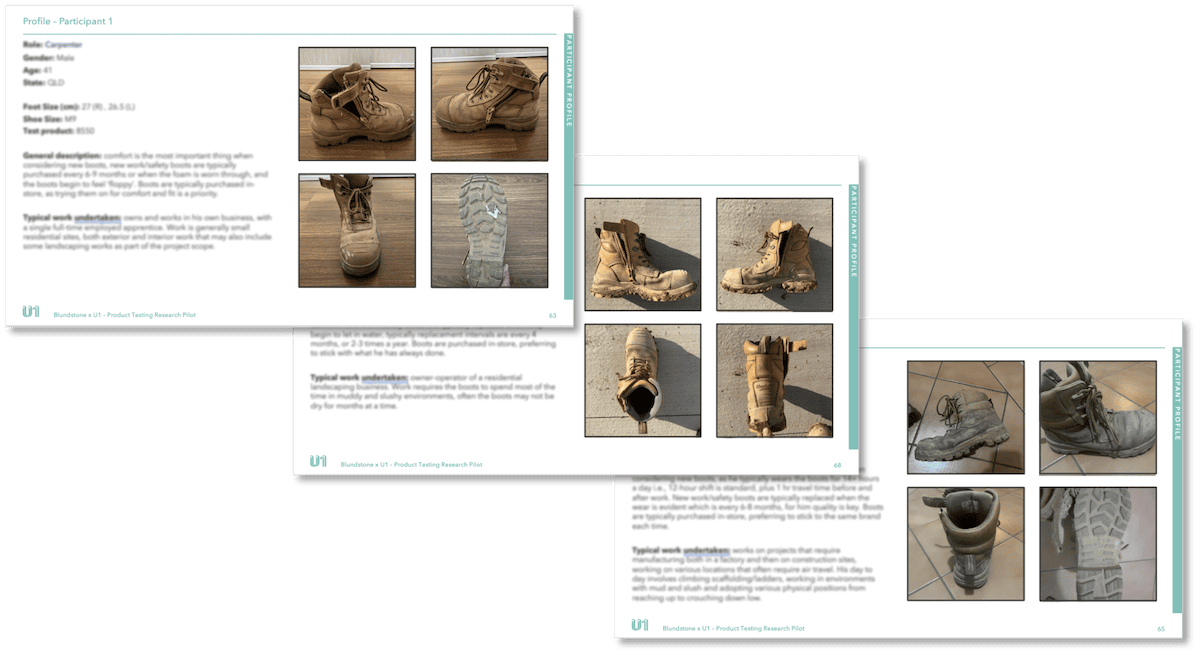The Brief
The Envato group of companies operates several global ecommerce sites trading in digital creative assets and services, including two marketplaces – ThemeForest and CodeCanyon – where users can buy and sell web and code assets.
Envato wanted to learn more about their prospective customers from key markets in North and South America, Europe, and West Asia.
They engaged U1 to conduct qualitative research with a mix of website coders and developers from around the world. Participants worked on web and game projects for large organisations, in small-medium digital agencies or as freelancers.
Envato wanted to understand:
· How coders approach their projects including clients, workflows and teams, and the types of challenges they face day-to-day
· What tech they use for projects, why they use these particular tools and how they use assets such as templates, themes and plug-ins
· Their awareness of, or engagement with, Envato and its products
· Their thoughts on the digital tech industry and where it is heading in the future
Outcome
To cover Envato’s required range of markets, we conducted 50 one-hour remotely moderated interviews with web and code professionals in the USA, UK, Germany, France, Turkey, India, and Brazil.
Perhaps the greatest challenge of this project was coordinating the recruitment and scheduling of participants across seven countries, 16 time zones and multiple languages.
We took a multipronged approach to recruitment using online recruitment platforms to source and schedule participants in the USA, UK, Germany and France and partnering with local UX and recruitment companies in Turkey, India and Brazil.
In countries where English was often a second, third or fourth language, prospects sent us a short biographical video to help us gauge their level of spoken English competency and finalise our shortlist. We also used an interpreter for our Turkish sessions allowing participants to express themselves more fluently in their first language.
While we recorded each session, the Envato team could also observe interviews in real-time via U1’s online live streaming portal.
To help manage the volume of data coming out of the sessions, we set up a collaborative online space using Miro where we collated and updated themes, posted verbatims and developed a matrix of our findings and recommendations as we progressed through the interviews.
As well as providing the opportunity for the Envato team to explore and contribute to findings as the project progressed, the Miro board was an excellent platform for synthesising our data, compiling our final report and debriefing the client at the end of the project.
This research helped Envato to glean important insights into the attitudes, behaviours, challenges and choices of their prospective customers from around the world.
Envato has used the findings to seed and refine strategies to better target their customers globally.
The project also established a flexible process for conducting affordable global research and set benchmarks that Envato can use in future, ongoing studies.






